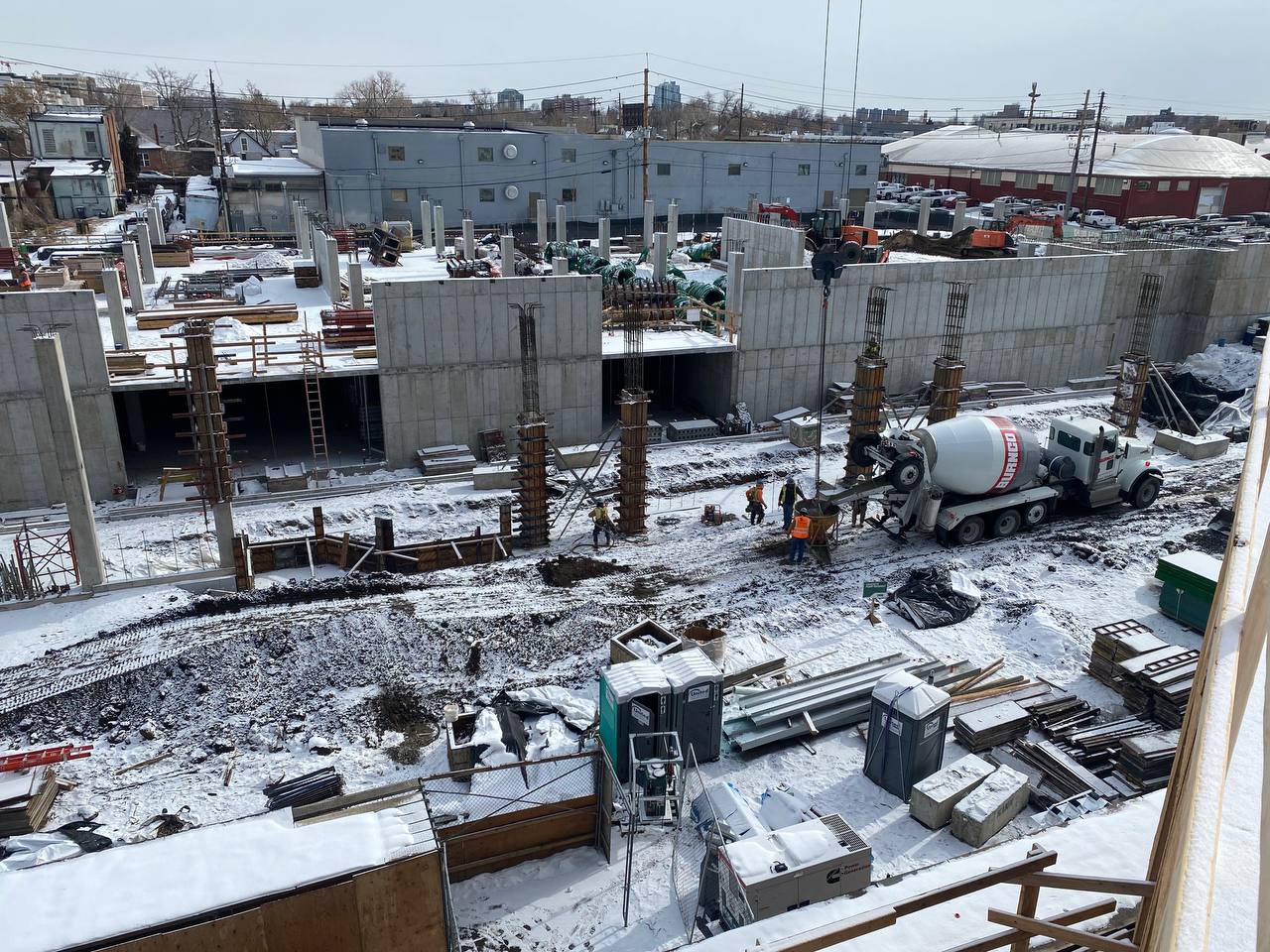The construction industry has long been synonymous with manual labor and traditional methods. However, the advent of Artificial Intelligence (AI) is revolutionizing this sector, bringing in unprecedented efficiency, safety, and productivity. In this blog post, we delve into how AI is reshaping construction, its current applications, benefits, challenges, and future trends.
Introduction
Artificial Intelligence, once a futuristic concept, is now a tangible reality driving innovation across various industries. The construction sector, often criticized for its resistance to change, is gradually embracing AI technologies. These advancements are not just enhancing productivity but also ensuring safer and more sustainable construction practices.
Current Applications of AI in Construction
Design and Planning
AI-powered tools are revolutionizing the design phase of construction projects. Algorithms can analyze vast amounts of data to optimize designs, ensuring they are both efficient and cost-effective. Generative design, a technology that uses AI to generate multiple design alternatives, allows architects and engineers to explore more innovative solutions.
Project Management
AI is significantly improving project management by enabling real-time monitoring and predictive analytics. Machine learning algorithms can predict project timelines, potential delays, and cost overruns, allowing project managers to make informed decisions and adjustments proactively. Tools like Building Information Modeling (BIM) integrated with AI are streamlining project scheduling and resource allocation.
Safety and Maintenance
Safety on construction sites is paramount, and AI is playing a critical role in enhancing it. Computer vision technology can monitor sites in real-time, identifying potential hazards and ensuring compliance with safety protocols. Additionally, predictive maintenance powered by AI helps in anticipating equipment failures, thereby reducing downtime and preventing accidents.
Benefits of AI in Construction
- Increased Efficiency and Productivity
AI technologies automate repetitive and time-consuming tasks, allowing human workers to focus on more complex activities. This automation leads to faster project completion and improved productivity.
- Enhanced Safety
AI's ability to monitor construction sites continuously and predict potential risks contributes to a safer working environment. The reduction in accidents and injuries not only protects workers but also saves costs associated with workplace incidents.
- Cost Savings
By optimizing designs, predicting maintenance needs, and managing resources efficiently, AI helps in significantly reducing construction costs. The early detection of potential issues prevents costly delays and rework (MDPI).
Challenges and Considerations
Despite its numerous benefits, the adoption of AI in construction is not without challenges. Integrating AI with existing systems can be complex and requires significant investment. Data privacy and security are major concerns, especially with the increasing use of IoT devices on construction sites. Additionally, there is a need for skilled personnel who can manage and operate AI technologies.
Case Studies and Examples
Several construction projects worldwide have successfully implemented AI, showcasing its potential. For instance, in a recent road-building project, AI-powered tools were used to streamline processes, resulting in significant time and cost savings. The project demonstrated how AI could enhance design accuracy, improve resource management, and ensure timely project completion.
Future Trends and Predictions
The future of AI in construction looks promising, with several emerging trends set to further transform the industry. The integration of AI with IoT is expected to create smarter construction sites where real-time data drives decision-making. AI-driven sustainability practices will also become more prevalent, promoting environmentally friendly construction methods.
Conclusion
AI is undeniably transforming the construction industry, offering solutions that enhance efficiency, safety, and sustainability. As the industry continues to evolve, the adoption of AI will likely become more widespread, driving further innovation and growth. For construction companies, staying abreast of AI developments and investing in these technologies will be crucial in maintaining a competitive edge.
By embracing AI, the construction industry can overcome many of its traditional challenges, paving the way for a smarter, safer, and more efficient future.
Written by




